Water Rich Foods
I'm thrilled to share insights on water-rich foods, a key part of our diet. They're not just hydrating, but also packed with nutrients and antioxidants. However, overindulging can have drawbacks too.
Let's dive into understanding these foods better, explore their benefits and potential downsides.
Ready to quench your curiosity? Drinking plenty of water is one thing, but making sure you have the right amount of water per day is even more important (kidney friendly drinks).

Jump to:
- Key Takeaways
- Understanding High Fluid Content Foods
- The Health Benefits of Water Rich Foods
- Evaluating Water Content in Fruits and Vegetables
- Highlighting Fruits With the Highest Water Content
- Reasons to Incorporate High Fluid Content Foods Into Your Diet
- Potential Downsides of Consuming High Water Content Foods
- Practical Hydration Tips and Tricks
- Soup Recipes That Enhance Hydration
- FAQs for Water Rich Foods
- Water Rich Foods Can Help You Reach Your Goals, Better!
Key Takeaways
- High fluid content foods, such as fruits and vegetables, provide extra nutrition and hydration.
- These foods can help prevent dehydration and are generally low in calories.
- Water-rich foods like tomatoes, watermelon, apples, and leafy greens are high in water and suitable for those on low potassium diets.
- Consuming a healthy amount of these foods can help protect against diseases and provide essential nutrients and antioxidants.
For More Recipes and Ideas --->> Get Your Free Meals and Recipes That Are Perfect for Pre-Dialysis Diets, Pre-Dialysis with Diabetes, or Dialysis Diets.
Understanding High Fluid Content Foods
When you're looking at high fluid content foods, it's important to know that they're not just hydrating but also packed with essential nutrients and antioxidants. The importance of hydration can't be overstated, especially for athletes and active individuals. These foods are a great source of water, which aids in the maintenance of bodily functions and promotes overall health.
The nutritional value of high fluid content foods is often overlooked. They contain vital vitamins and minerals that bolster our immune system, improve digestion, and promote skin health among other benefits.
Consuming these foods can help us balance our water intake with other beverages, ensuring we stay hydrated without over-relying on drinks that may be high in sugars or artificial ingredients.
High fluid food also plays a key role in weight loss. They have fewer calories compared to their volume which makes them filling without adding unnecessary calories to your diet. This helps control hunger pangs and reduces the likelihood of overeating.
So, whether you're an athlete needing extra hydration (lots of water) or someone trying to shed some pounds, incorporating high fluid content foods into your diet is beneficial for maintaining good health, while serving others through healthier lifestyle choices (fluids to hydrate with kidney disorder).
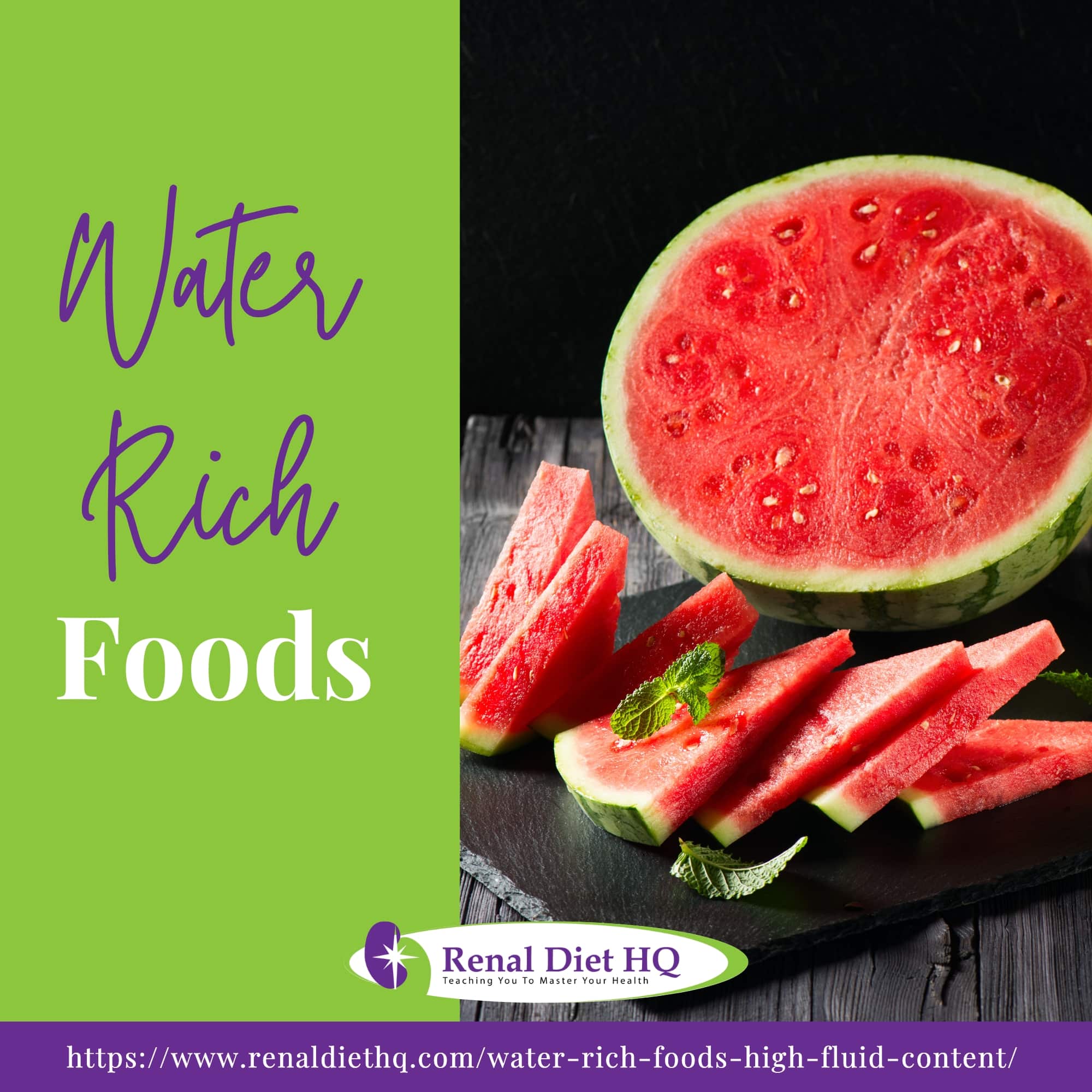
The Health Benefits of Water Rich Foods
They're not only hydrating but also packed with essential nutrients and antioxidants. High fluid content foods play a vital role in maintaining our overall health by preventing dehydration, which can lead to serious health issues if not addressed promptly. These water-rich foods include various fruits and vegetables like watermelon, apples, tomatoes, cucumbers, and strawberries.
Now let's talk about diabetes management. Consuming high water content foods helps manage blood sugar levels as they are generally low in calories. However, it's crucial to choose the right ones because some fruits like grapes can cause spikes in blood glucose levels.
As for those on a low potassium diet, incorporating water-rich foods is quite simple. Opt for fruits such as apples and pears that are low in potassium yet high in water content.
The potential benefits of consuming these foods extend even further. They may have a preventive effect against cancer due to their abundance of antioxidants which protect our cells from damage.
Evaluating Water Content in Fruits and Vegetables
It's fascinating to note that fruits and vegetables like watermelon, cucumbers, and strawberries boast an impressive fluid content, making them excellent choices for hydration. This high water content is not only beneficial in promoting the importance of hydration but also adds significant nutritional value.
When considering kidney health, managing water intake is crucial. High-water-content foods can play a pivotal role here as they naturally support our body's hydration needs. For instance, a cucumber is 95% water and strawberries are about 90% water, helping to maintain adequate hydration levels throughout the day. Consider how much water iceberg lettuce has in it or even fruit salad.
However, it doesn't stop at just hydration. The nutritional value of these water-rich foods contributes to overall wellness by providing essential vitamins and antioxidants with fewer calories. They are a boon for people striving towards a healthier lifestyle.
To maximize your daily hydration strategy, include these fruits and vegetables in your diet regularly. Aim for balance; remember that while maintaining good hydration is necessary for overall health, overconsumption can potentially lead to issues such as loose stools or over-hydration.
Getting enough daily hydration through plenty of healthy foods, raw fruit, and citrus fruits can mean a more successful kidney diet for you.
Highlighting Fruits With the Highest Water Content
You'll be amazed to learn that tomatoes have the highest fluid content among fruits, making them an excellent choice for hydration. Their high water content contributes significantly to the nutritional value of water-rich fruits. They're packed with vitamins and antioxidants too.
But there's more than just hydration benefits when it comes to these high water content foods.
A diet rich in such fruits is perfect for managing potassium intake if you're on a kidney diet. While tomatoes do contain potassium, other low-potassium options like apples and pears are also high in water, providing great alternatives without compromising on your hydration needs (low potassium recipes).
Exploring low sodium options for a kidney diet? Water-rich fruits are a great choice! They not only help maintain healthy fluid levels but also promote balanced mineral intake. It's crucial, though, to pay attention to portion sizes so you don't end up consuming excessive amounts of any particular nutrient.
Don't forget about the antioxidant role either! Antioxidants found in these fruits help neutralize harmful free radicals in our body, promoting overall health. So next time you reach for a snack or plan your meals, consider incorporating more of these delicious and hydrating fruits!
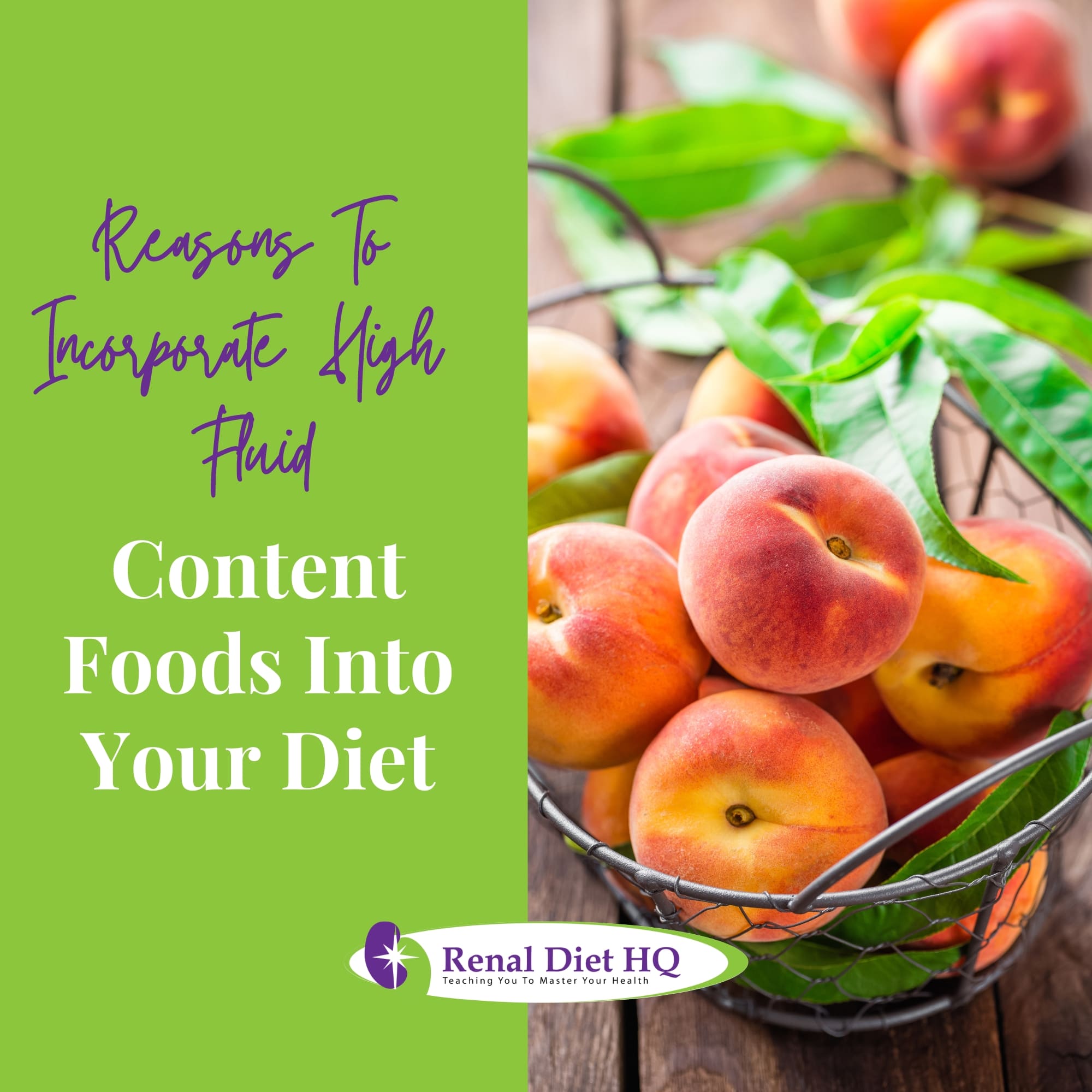
Reasons to Incorporate High Fluid Content Foods Into Your Diet
Incorporating high fluid content foods into your diet isn't just about hydration. They're packed with essential nutrients and antioxidants that can protect against diseases like cancer. It's important to understand the role these water-rich snacks play in maintaining good health.
Consuming fruits and vegetables with a high fluid content not only helps you stay hydrated but also fills you up without adding extra calories.
If you're allergic to tomatoes or looking for tomato replacements, consider using red bell peppers or beets in your recipes. They offer similar nutritional benefits and add a burst of flavor. For additional soup recipes, try experimenting with water-rich vegetables like zucchini, cucumbers, or leafy greens (fluids to hydrate with kidney disorder).
When it comes to soup serving sizes, I find that one cup per meal works well for me. It provides enough hydration and nutrients without making me feel too full. Listen to your body and you will notice it will respond well.
The proper hydration will feel just right! Whether you're having a summer treat like summer squash or enjoying your favorite sweet fruit, the high fluid content is so important!
Remember the importance of hydration. It aids digestion, keeps skin healthy, regulates body temperature, and much more. So make sure to include plenty of high fluid content foods in your diet alongside drinking ample water throughout the day.
Potential Downsides of Consuming High Water Content Foods
After discussing the benefits of high fluid content foods, it's crucial to address potential downsides. Overconsumption can lead to excessive water intake, which in rare cases might cause hyponatremia, a potentially life-threatening condition where the sodium levels in your body are dangerously low.
Moreover, certain fruits like watermelon or grapes could impact blood sugar levels negatively due to their high sugar content. Those managing diabetes need to be cautious and balance their intake accordingly (kidney friendly diet for diabetics).
For individuals with kidney disease, monitoring potassium intake is essential as some of these foods can be high in potassium. This includes tomatoes, known for both their high-water and potassium content.
On that note, many soup recipes rely on tomatoes for flavoring but alternatives do exist for those needing lower potassium options. Exploring alternative ingredients for tomato-based soup recipes such as bell peppers or carrots can provide an equally satisfying taste while being kidney-friendly.
Lastly, remember that balancing hydration and fiber intake with these foods is vital since they not only hydrate but also make you feel fuller thanks to their fiber content.
| Potential Risks | High Water Foods | Alternatives |
| Excessive water intake | Watermelon & Grapes | Strawberries & Apples |
| Blood Sugar Levels Impact | Grapes & Pineapple | Cruciferous Vegetables |
| Potassium Intake Management (Kidney Disease) | Tomatoes & Bananas | Bell Peppers & Carrots |
| Hydration vs Fiber Balance | Cucumbers & Lettuce | Green Beans & Broccoli |
| Tomato Soup Recipe Alternatives | Tomato-based Soups | Bell Pepper or Carrot based Soups |
Practical Hydration Tips and Tricks
Staying hydrated doesn't just mean drinking plenty of fluids; it's also about choosing the right foods. Water-rich foods can play a significant role in maintaining optimal hydration levels, contributing to our overall health. But striking a balance between water-rich foods and other essential nutrients is crucial.
Here are some creative ways to increase your water intake:
- Include more soups and broths in your meals (kidney friendly soups and stews).
- Make smoothies with high-water-content fruits like melon or pineapple.
- Stay refreshed with homemade popsicles from blended fruits. You will love the natural sweetness in these popsicles.
- Snack on cucumber slices or celery sticks, which are both over 90% water.
- Try new things like sparkling water or coconut water to help you reach your optimal percent water intake.
- Daily water intake can include can be through water rich foods and by a refreshing drink of your choice.
- Give sweet fruit or even a raw tomato or two a try to help you reach your water intake.
Remember, hydration is especially important for athletes and active individuals. Your performance can suffer with even slight dehydration. Consuming water-rich foods before exercising can provide sustained hydration and help you sustain those essential minerals and keep from experiencing symptoms of dehydration.
Hydration also has a profound impact on skin health. It helps keep your skin plump, elastic, and resilient against external stressors. Drinking enough water alone won't hydrate your skin; you need the added moisture from food sources too.
Soup Recipes That Enhance Hydration
Soup's not just for cold days; it's also a great way to boost your hydration levels. The importance of soup in hydration is often overlooked. Packed with water-rich vegetables and broths, soups can significantly increase your fluid intake.
Variations of water-rich soups abound and can cater to different dietary needs or preferences. For instance, vegetable-based soups are particularly hydrating due to the high water content in veggies. The hydration benefits of vegetable soups aren't limited to water alone; they're also loaded with essential vitamins and minerals that further promote health.
If you're seeking alternative ingredients for tomato-based soups, consider using pumpkin or butternut squash as a base instead. They provide a similar thickness and richness while offering their unique flavors.
When it comes to portion sizes for soup consumption, it's all about balance. While you want enough soup to contribute to your daily fluid intake adequately, overconsumption can lead to excessive sodium intake if the soup is too salty. As a general guideline, aim for around one cup of soup per serving (portion control for CKD patients).
So next time you're feeling dehydrated, remember: soup's on the menu! You can even season zucchini and add that to your soups. Soup makes an amazing option for the main course and the perfect side dish.
FAQs for Water Rich Foods
Absolutely! A diet rich in high fluid content foods can significantly benefit certain health conditions.
For kidney health, they aid in flushing out toxins. They're great weight loss aids due to their low calorie count and high fiber content (kidney disease weight loss).
They improve the digestive system, preventing constipation. For skin hydration, these foods help maintain a healthy glow.
Lastly, for cardiovascular support, they assist in maintaining blood volume and proper circulation.
When it comes to hydration, both water and high-fluid foods play a crucial role. Drinking a glass of water provides immediate hydration. Fruits and veggies like cucumbers or watermelons offer prolonged hydration due to their high water content.
These hydrating foods slowly release water into your system while also supplying essential nutrients. In terms of fruit hydration and vegetable water content, they're not just equal but potentially superior for sustained hydration benefits.
While consuming high fluid content foods can contribute significantly to hydration, it can't entirely replace drinking water in a person's diet. Fluid retention, dehydration dangers, and digestive health all require adequate water intake.
Even with the added bonus of weight loss and skin hydration from these foods, we still need plain water for optimal body function. Serving others with this knowledge promotes healthier choices.
I've found that making hydration fun is key to getting kids to consume more water-rich foods and this is an amazing option for tons of people!
Hydration games using fruits can make snack time exciting.
Smoothie recipes with high-water content fruits like melon and strawberries are also a hit!
DIY popsicles made from these smoothies can be a refreshing treat (smoothies for kidney disease).
Edible water bubbles offer both hydration and playtime.
Lastly, including cucumber slices or cherry tomatoes in their school lunches adds nutritious hydration too.
Yes, seasonal variations can impact the water content of fruits and vegetables. The ripening stages, regional water variations, and climate influence their hydration levels.
For instance, fruit harvested in peak seasons tend to have higher water content. Storage conditions can also affect this.
So, it's essential to consider these factors when aiming for optimal hydration from our diet. There are so many hydrating benefits in things like salad greens, and even cup of zucchini contains TONS of nutrients.
However, some of these fruits and vegetables are only seasonal. Get them while you can for not only that explosion of flavor but to help avoid chronic dehydration.
Water Rich Foods Can Help You Reach Your Goals, Better!
In conclusion, incorporating high fluid content foods in your diet has numerous health benefits. They not only keep you hydrated but also supply essential nutrients and antioxidants (fluid restriction guidelines for CKD).
However, moderation is key - overconsumption can lead to complications. Experimenting with hydrating soups and snacks can be a fun and tasty way to stay healthy.
Remember, balance is crucial for optimal health! If you want an impressive nutrition profile, you need to pay attention to water rich foods and your hydration levels.

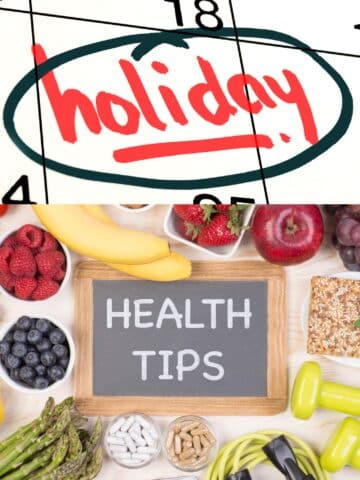
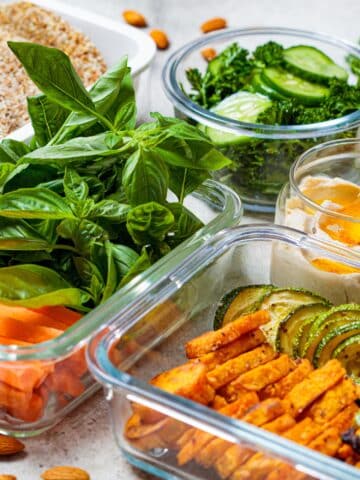
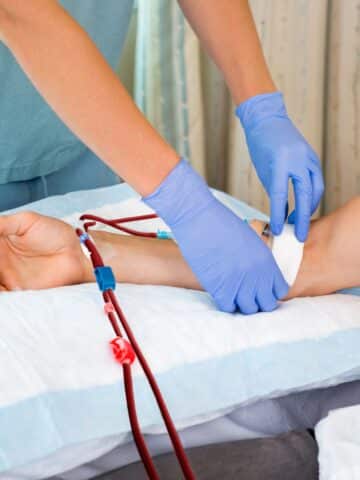
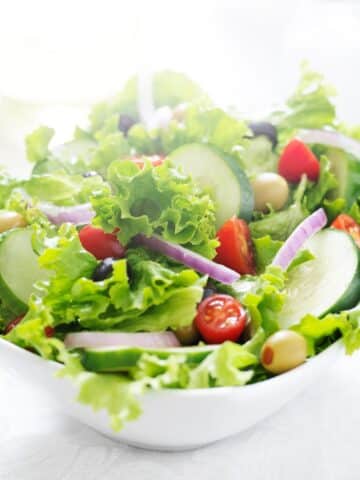
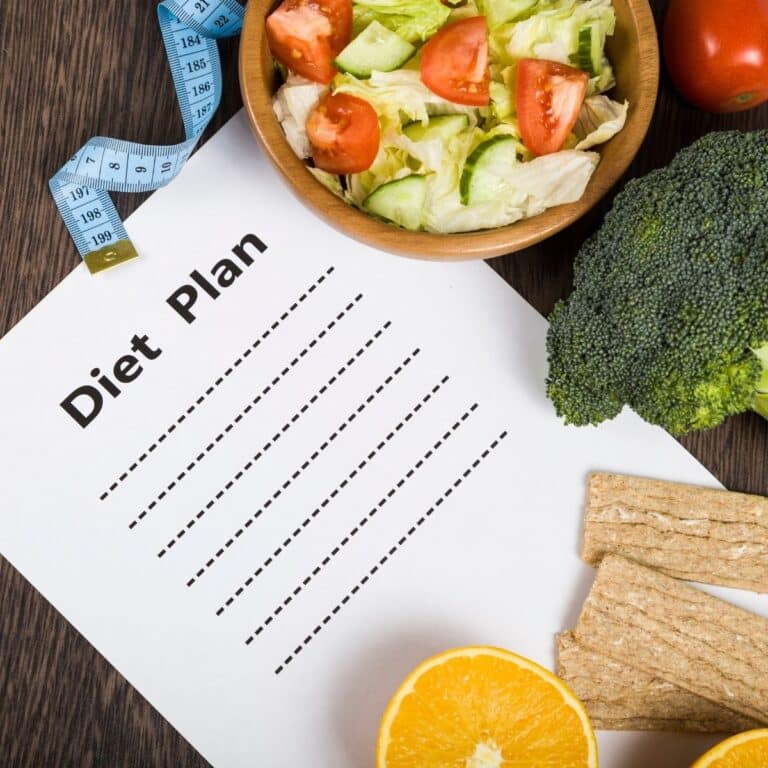
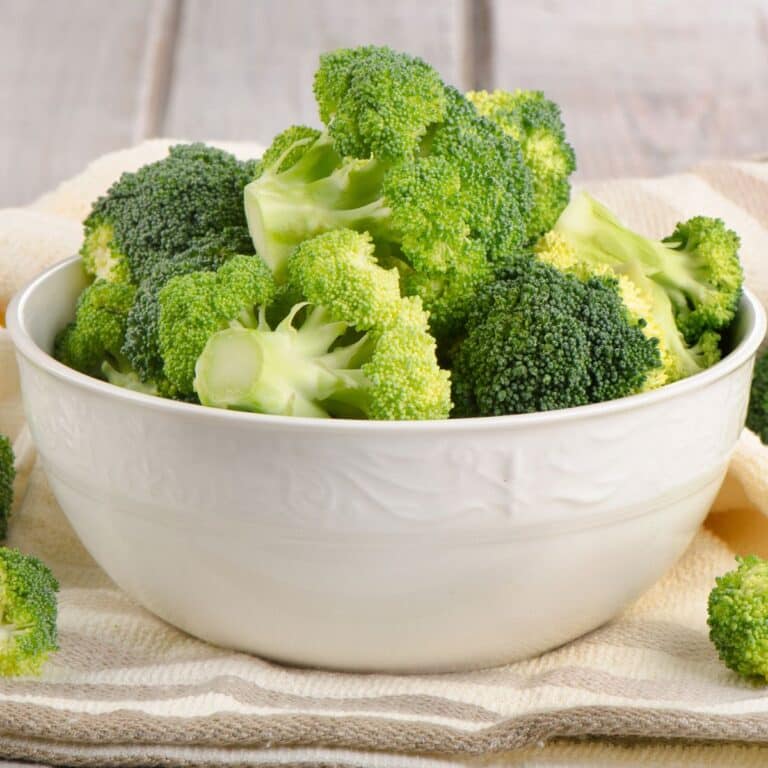
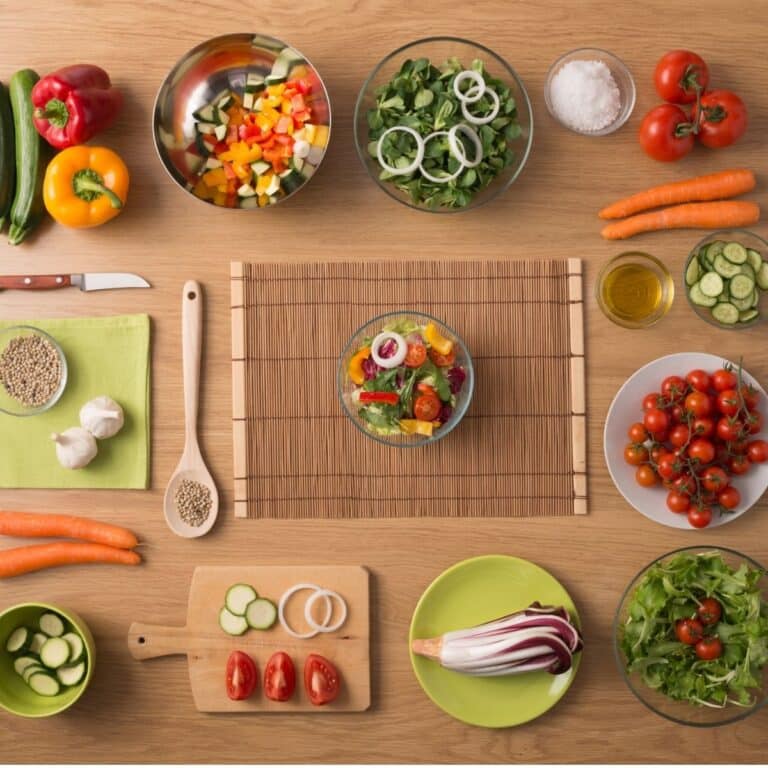

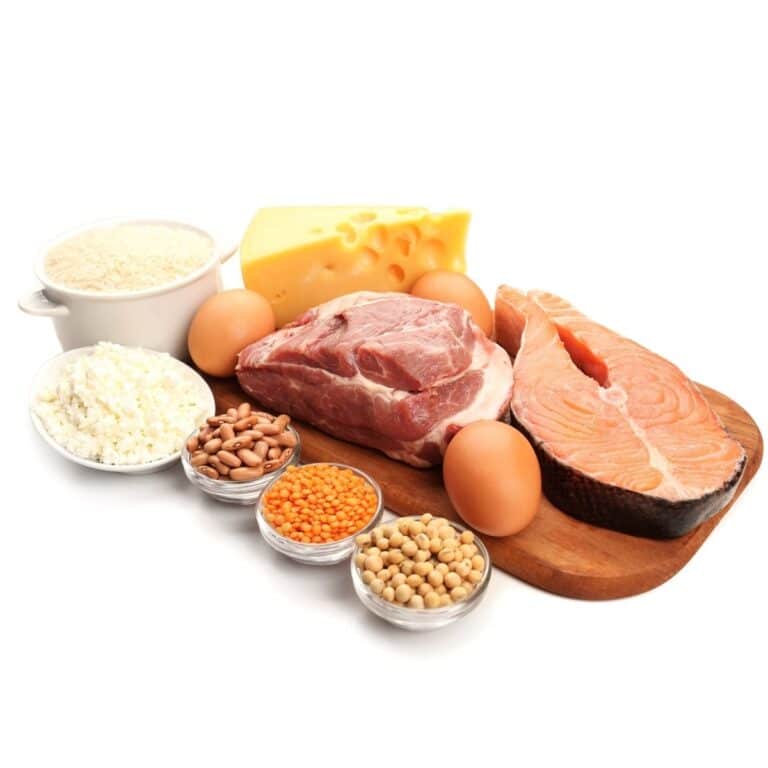
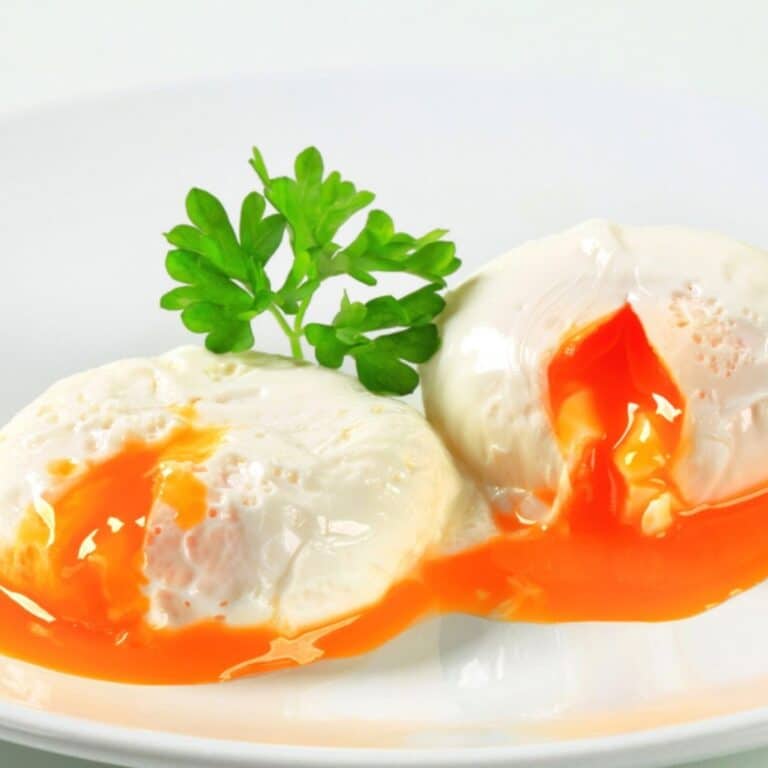




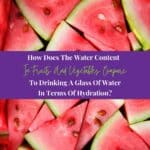
Thank you for this informative article!
An amazing, well thought out and informative article.
Thank you.
I make and eat a lot of soups due to water content/broth. My go to his chicken noodle soup. I also make hamburger soup using ground Turkey. It has a can of 14 oz can of tomatoes/ potassium I eat 1 cup of soup per day. Any good suggestions for replacement of tomatoes? I also make chicken wild rice with chicken broth, and carrots. Any other good soup recipes you may have. I have a vegetable soup with green beans, carrots celery potatoes tomatoes corn and peas pepper thyme minced garlic. Again I eat 1 cup serving and the soup 1 x per day. Any suggestions on any of these soups?